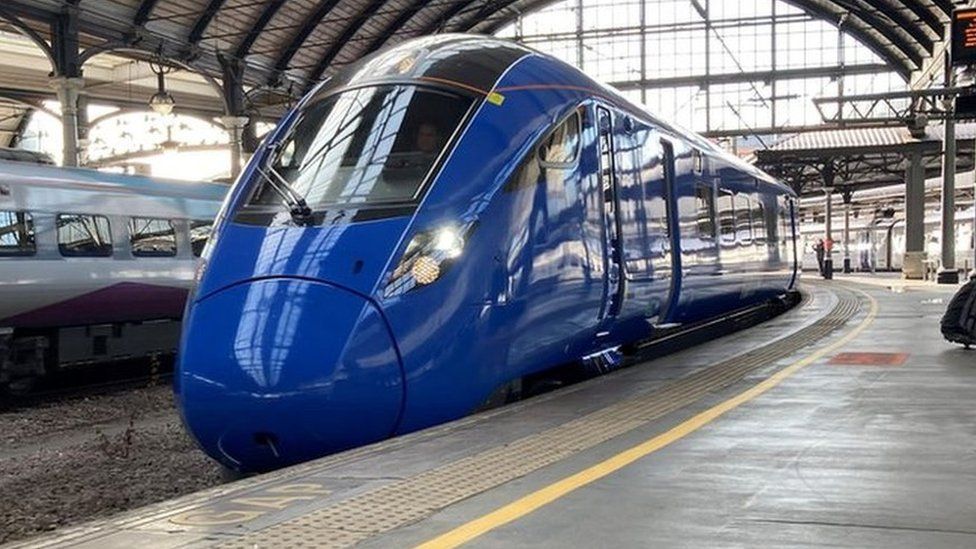

BRUSSELS, October 27th 2022: one year ago this week, the privately owned commercially driven Open Access operator Lumo became the 2nd long distance operator to offer services on the UK’s East Coast Main Line between London in England and Edinburgh in Scotland.
The result shows exactly what we have already seen elsewhere in Europe where there are two or more long distance operators on the same tracks: more innovation, better service and lower fares that lead to a quantifiable modal shift to rail.
After a private investment of over £100 million in the new service, Lumo has helped make passenger rail the favoured mode of transport between Edinburgh and London for the first time in history, using publicly available data from the UK Civil Aviation Authority, namely:
Between April and August 2022, over half (57%) of journeys between Edinburgh and London were by rail, compared to just 35% before the COVID pandemic. Meanwhile, 63% of travellers chose rail over domestic flights alone in July 2022, suggesting the trend is set to continue.
“Not only have we attracted passengers to cleaner transport, we notice that other operators on the same line have also increased their ridership. Together we have convinced the public that the convenience, price and reduced environmental impact of rail is worth it.”
– Martijn Gilbert, Managing Director of Lumo
Lumo estimates that it has saved the equivalent CO2 emissions of 21,000 homes’ electricity use for an entire year by virtue of its passengers choosing its 100% electric trains rather than flying.
“Despite all the evidence above, we still witness a baseless lobbying campaign by those state incumbents in Europe currently receiving subsidy for Long Distance “Public Service Obligation” rail services (‘PSOs’) to introduce even more such PSOs, keeping the market small and costing the taxpayer a great deal”.
– ALLRAIL Secretary General Nick Brooks
Such PSOs are mostly unjustified, because market analysis is rarely carried out that would determine if the same services could be performed on a commercially driven basis. Taxpayer subsidy is wasted this way – which would be better spent on improving the rail infrastructure.
We call on EU Member States, MEPs and the European Investment Bank to finally act upon the clear evidence: Commercially driven Open Access long distance trains not only cost the taxpayer less but also they bring about faster modal shift to rail.